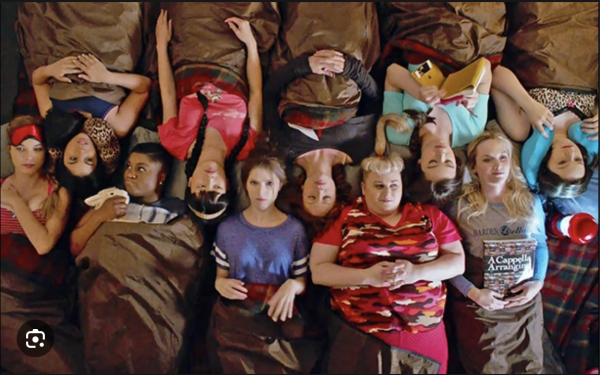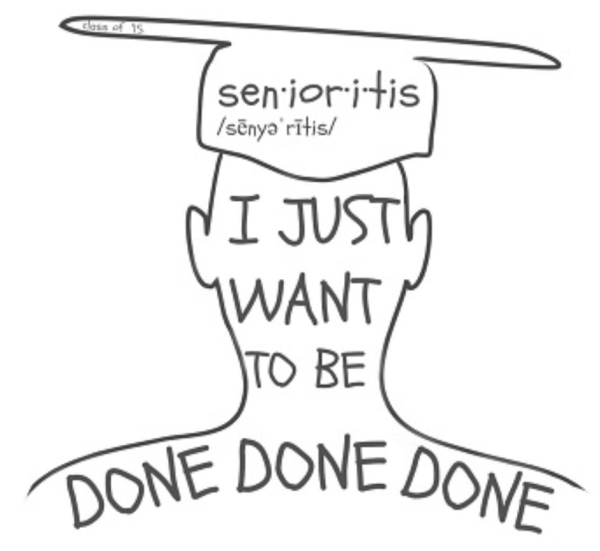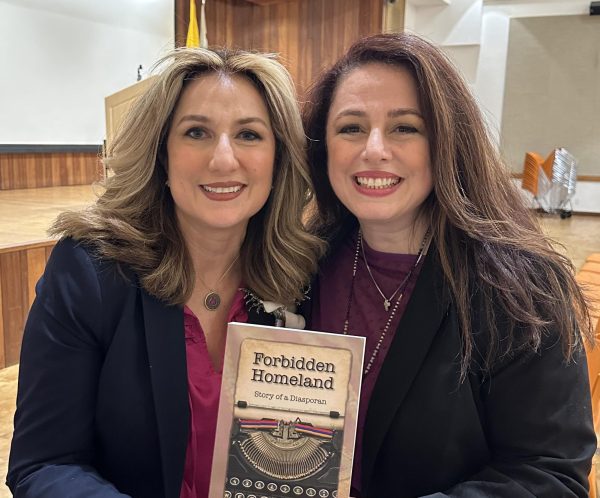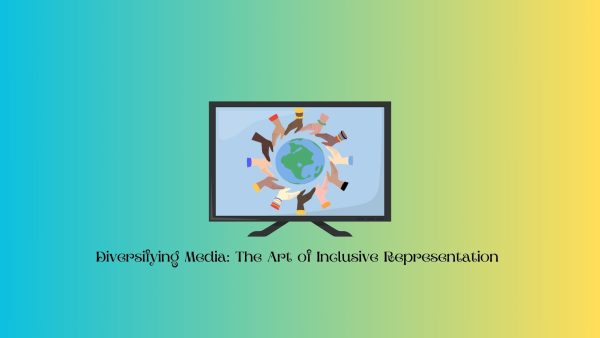Are We Creating a World of Cheaters?
Cheating gives students an unfair advantage by allowing them to do better than others without putting in effort.
October 17, 2020
With today’s innovative technology, students are finding more ways to cheat. Many students strive to find the easiest way out of their problems, but this often leads to consequences. Cheating occurs in schools all over the world. By taking this risk, students hope to gain an unfair advantage that will help them perform better. This also occurs because of students’ laziness and their perception of not getting caught. However, as students think of new ways of cheating, teachers are also finding various ways to prevent them from doing so. For example, teachers may give out different versions of tests to keep students from collaborating or may use secure browsers to prevent access to outside sources
All students have probably cheated at some point in their education. Incidents of cheating can be as minor as copying another student’s homework, but can also be as major as the college admissions scandal of 2019. Regardless of the type of cheating a student commits, the effects of their dishonest actions will be the same.
Because of its addictiveness, cheating can be compared to drugs. According to Open Education Database, students who have cheated in high school continue to do it in college. After a student cheats once, they continue to do so for future tests and assignments. This may help a student’s grades after the action is executed, but it will ultimately lead to more harm than good.
Cheating has a detrimental effect on students’ learning experience. Instead of learning new information in school, students who have a habit of cheating are learning new methods of gaining an unfair advantage. The Classroom states that students that cheat may never learn important information that they may need in the future and writes that “you never learned those skills, and so you can’t apply them when you need them.” These students are wasting their time at school because they “value grades only for the grades themselves and not for the education they were supposed to have claimed.”
Students who cheat can also affect students who don’t. Those who remain honest in their work may get discouraged by those who cheat because honest students are putting in more work only to receive the same or sometimes worse result. Analise Hopper (10) agrees and says “students who struggle to get the results they want may feel like they are not doing their best because students who cheat are doing better than them.” Additionally, this may even encourage honest students to cheat because they are interested in the idea of doing less for the same outcome.
Although cheating can result in an increase in a student’s grades, it can also have a lasting effect on a student’s morals. It is important to have academic integrity to ensure that students have an equal chance of succeeding.























